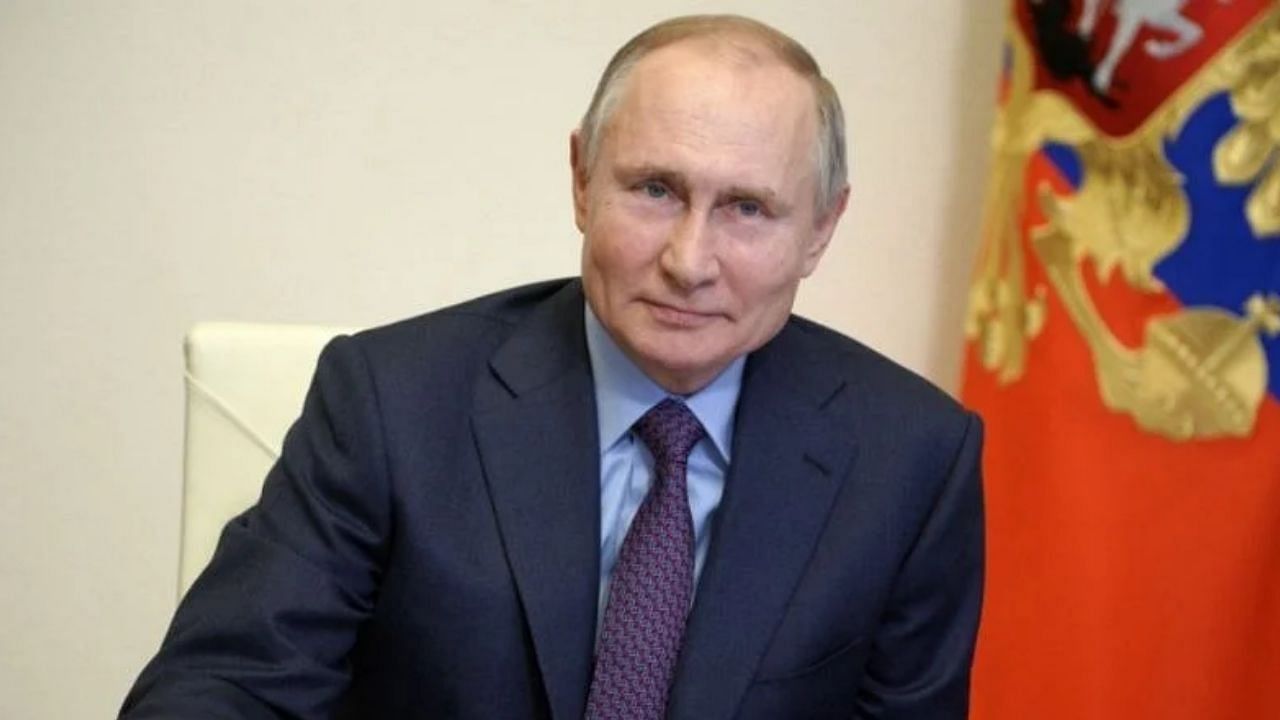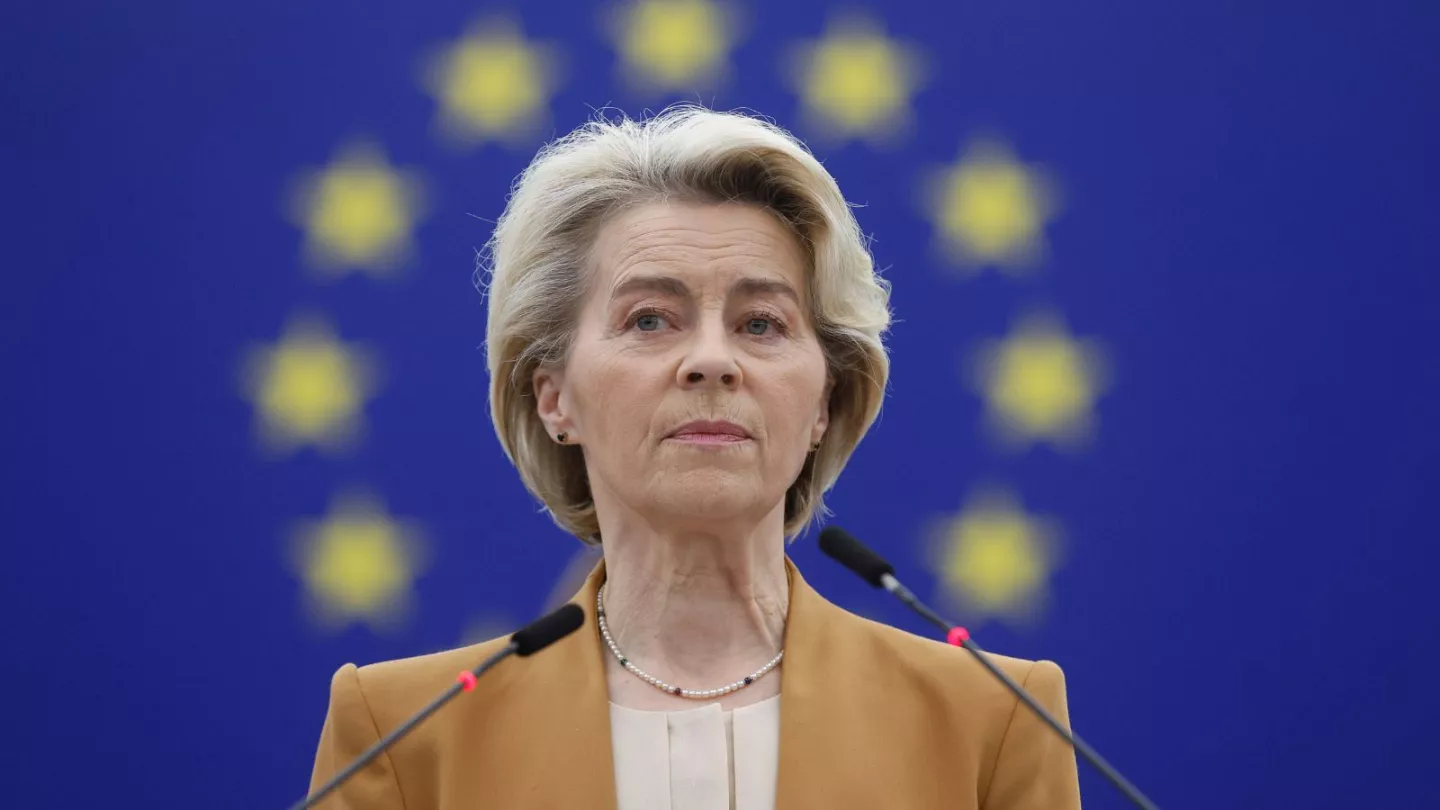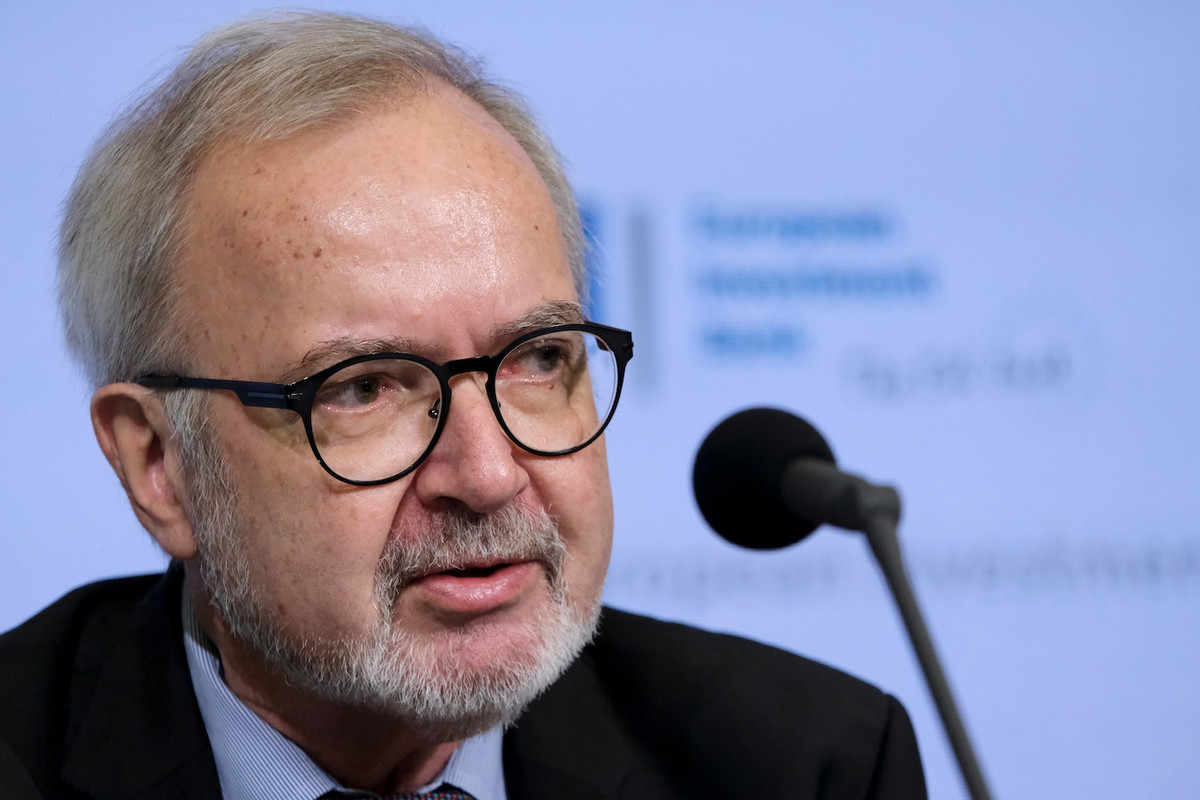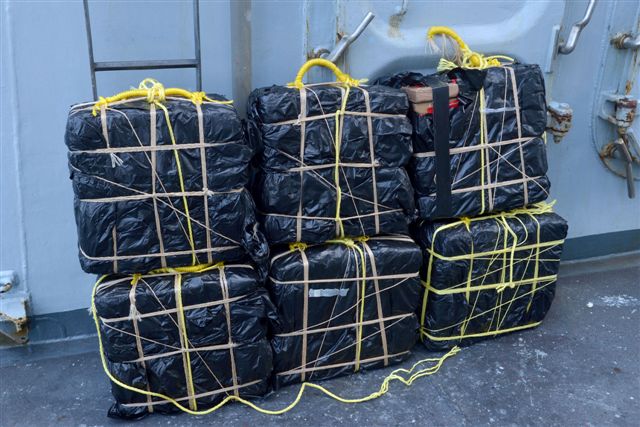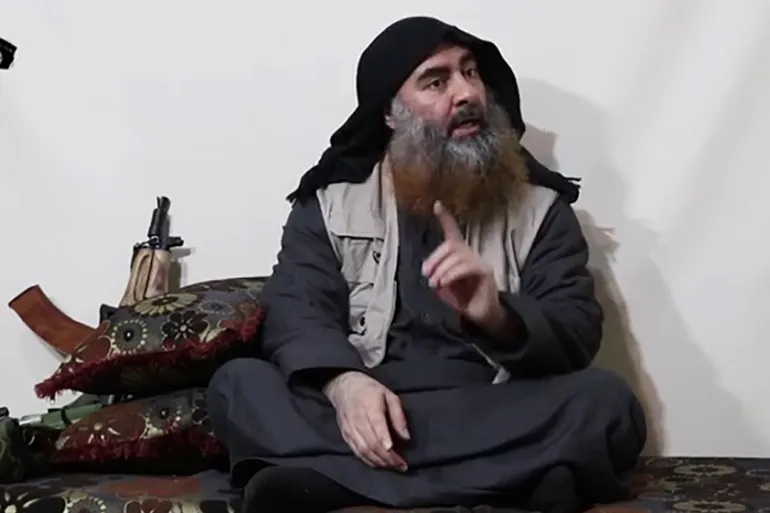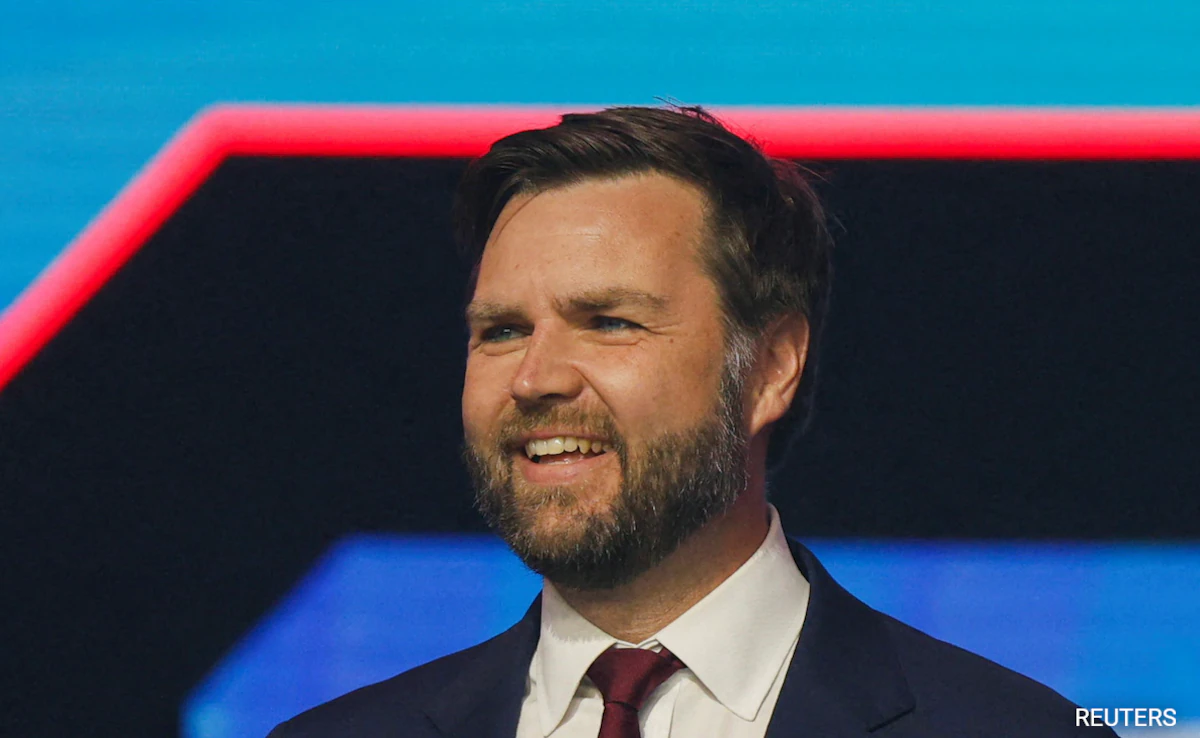Geopolitical tensions cast doubt on whether Eastern Europe can host next year's United Nations climate summit, as Russia is firmly opposed to the option of any EU country, while Armenia and Azerbaijan are blocking each other.
Nearly 200 countries gather each year for the two-week COPs - to agree on joint efforts to tackle climate change. This year will mark the 28th such conference, or COP28, and will begin on November 30 in Dubai. COP stands for Conference of the Parties of the United Nations Framework Convention on Climate Change.
The event rotates around the world's regions, and next year is set to take place in Eastern Europe. Still, geopolitical tensions amid the Ukraine war have prevented the region from agreeing on a location.
The 23 countries in the UN's Eastern European group must be unanimous in their choice of host. According to a report by Reuters, Bulgaria, an EU member, volunteered to host COP29 but was opposed by Russia.
Russia opposes COP29 being held in a European Union country, as the EU has condemned the invasion of Ukraine and imposed sanctions.
Armenia and Azerbaijan also offered to host COP29 - but each is expected to veto the other amid heightened tensions after Azerbaijan retook the breakaway region of Nagorno-Karabakh with a military operation in September 2023. The United Arab Emirates will host this year's COP28 on behalf of the Asia Pacific group.
"There is no solution at the moment," Bulgaria's Environment minister, Julian Popov, told Reuters. The discussion among countries was now about "how to save COP" next year, he added. Popov also said countries are discussing unusual options, including potentially splitting the massive event into smaller conferences held in different Eastern European countries. He said Bulgaria would still be willing to host.
Summit sites are typically agreed upon well in advance so the host country can prepare for the influx of tens of thousands of delegates, companies, investors, and industry lobbyists. The 2025 summit - COP30 - is set to take place in Brazil.
If the group cannot agree, a fallback option could be to host the event at the UN climate change body's permanent offices in Bonn - although that would require backing from the German government.
Moscow's intervention shows how geopolitical disputes since Russia's Ukraine invasion last year complicate global efforts to combat climate change. It also risks delaying the choice of the host of COP29, which could reduce preparation time for the event.
The hosting role can bring international prestige and the opportunity to promote domestic efforts to combat climate change - along with costs, intense media scrutiny, and heavy logistical demands.
In June, Reuters reported that Russia's delegation to the UN climate body sent an email to other Eastern European country representatives in April, saying it would not support an EU host. In the email, Russia's delegation noted that EU countries had taken a "politicized" approach to deciding the host country, which had resulted in blocked Russian-endorsed candidates.
The dynamics of the Bulgarian political arena have complicated the whole designation process. During last year's UN climate conference, Bulgaria's president Rumen Radev, whose Russia-leaning interventions were quite transparent, indicated that his country would be willing to host the event. In May 2023, Bulgaria garnered support from other EU countries from the regional group and pressed ahead with its bid.
But in June, the two main parties in Bulgaria formed a grand coalition and a new government based on pro-EU and pro-US geopolitical choices in opposition to Radev. The new government brought up policies designed to cut Bulgaria's energetic dependence on Russia and, generally, to reduce Moscow's influence among Sofia's political and business elites. Multiple studies have shown Bulgaria as one of the EU's most vulnerable members regarding Moscow's power, a situation backed by long-lasting cultural and economic ties between the two countries.
During an informal meeting in Spain in July with the other European Environment and Energy ministers, Julian Popov confirmed that Bulgaria supports its bid to host COP29. "It is important for Bulgaria that COP29 is held in Eastern Europe, with our country positioning itself as a driving force of the interests and priorities of the region," said Minister Popov, according to the Bulgarian BTA agency.
If Bulgaria's chances of being nominated were low in May, after the new government led by Nikolay Denkov took over, the chances are close to zero.

